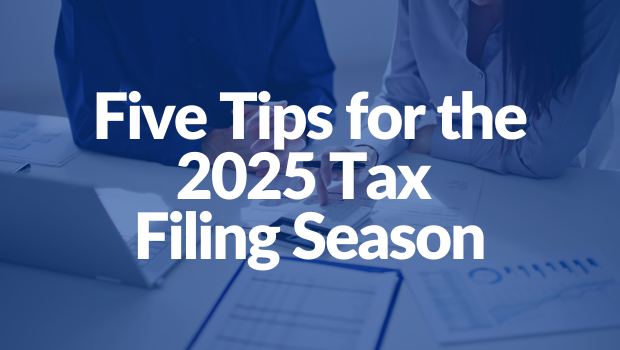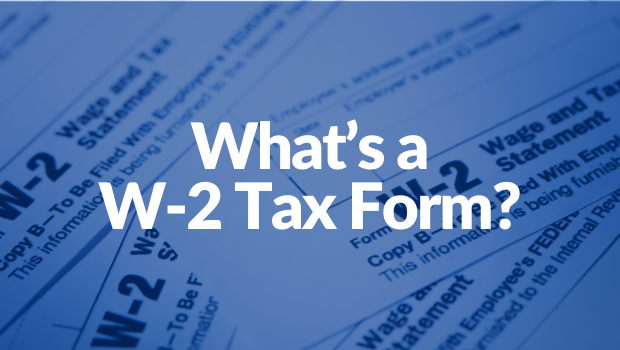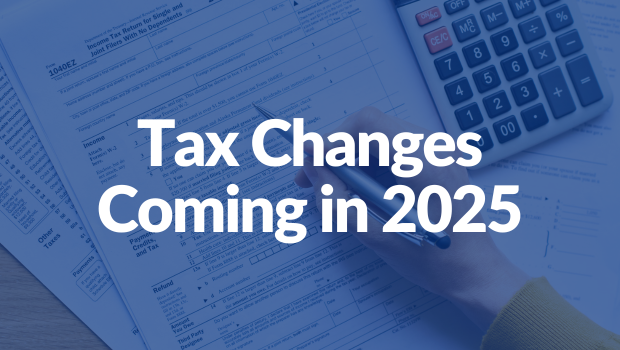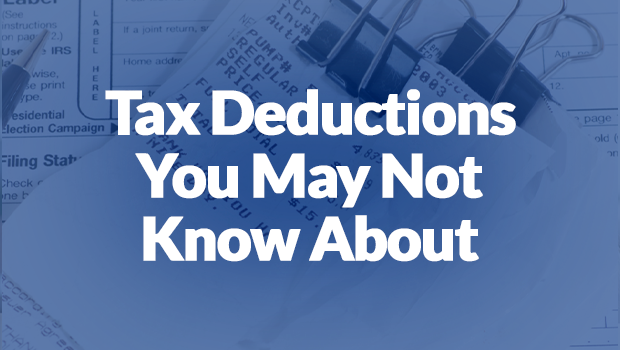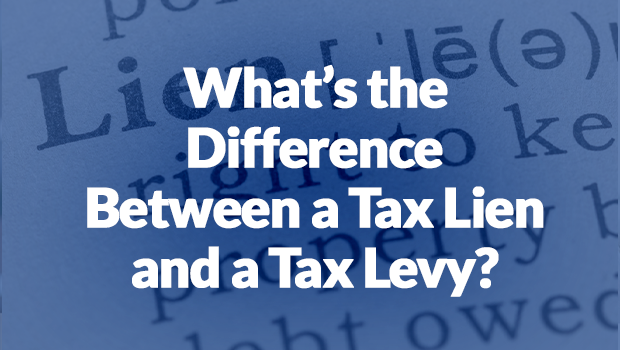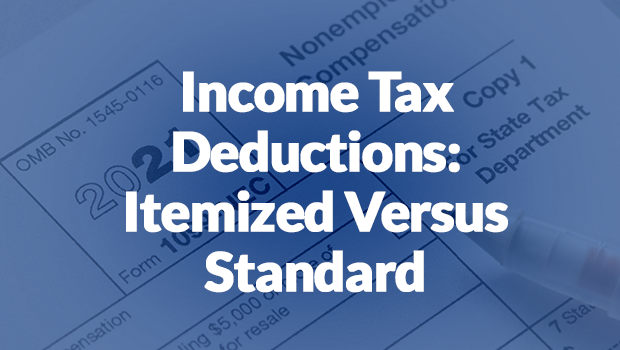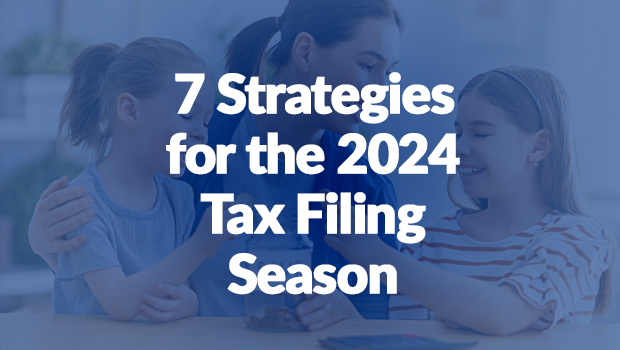The IRS just announced that the 2025 tax filing season has officially begun as the IRS is now accepting and processing 2024 individual income tax returns. If you’ve decided to prepare your 2024 income tax return yourself, here are five tips to remember.
Tip #1: File Electronically
Filing your return electronically reduces the chances of errors on your tax return. This is because tax return software will do the arithmetic for you and check for common mistakes many taxpayers make, like missing information.
If you’re worried about the cost of using tax preparation software, the IRS offers IRS Free File. This allows eligible taxpayers to prepare and file their federal returns electronically using guided tax preparation software. You’ll most likely qualify to use this if you have an adjusted gross income (AGI) of $84,000 or less. In California, the threshold for AGI is $244,857.
There’s also Direct File, where taxpayers from 25 states can file their tax returns directly with the IRS for free. You can use Direct File from almost any device, including your computer, smartphone, or tablet. You’ll also have access to live IRS staff, Monday – Friday, from 7 a.m. to 10 p.m. EST.
If you choose to file electronically, it’s also recommended that you select direct deposit to receive your tax refund. Not only is it faster, but it’ll reduce refund check issues, such as getting lost in the mail, going to the wrong address, or being stolen.
Tip #2: Avoid Tax Scams and ID Theft
Taxes are confusing, so tax season is the prime time for scammers and ID thieves to prey on taxpayers who don’t fully understand taxes or the tax preparation process. Here are a few tips to avoid getting scammed or having your identity stolen:
- If something sounds too good to be true, it probably is.
- Avoid any tax “professional” who uses threats or pushy and aggressive sales tactics.
- Be wary of clicking on links sent to you by email or text message.
- Verify tax advice given by individuals on social media.
- If you need to pay a tax bill to the IRS, be aware that the IRS won’t accept gift cards or other unusual forms of payment. The IRS will usually accept payment by check, money order, cash (but only through their retail partners), bank wire, electronic funds withdrawal, credit card, debit card, and digital wallet.
- Don’t give out your date of birth and Social Security number unless necessary and only to trusted entities.
If you believe you might have been targeted (or a victim) for tax ID theft or a tax scam, report it.
Tip #3: Look Out for 1099-K Forms
The IRS has been slowly implementing new rules regarding 1099-K forms. These are tax documents you might receive from online marketplaces and payment service providers, like eBay, Etsy, Venmo, and PayPal. For 2024, the federal reporting threshold for generating a 1099 was $5,000. However, some states have lower thresholds and, therefore, some companies might send you a 1099-K if these lower thresholds apply to you. The IRS does require that all income is reported, even if a 1099-K is not received.
Tip #4: Double-Check Your Tax Documents
If there’s an error with your 1099 or W-2, contact your employer or financial institution to fix it or get clarity on the discrepancy. You need to do this to avoid mistakes or omissions on your tax return, as these could lead to a closer look by the IRS and tax headaches.
Tip #5: Get a Filing Extension if You Need It
Your 2024 income taxes are due on April 15, which is the traditional tax deadline. However, this will sometimes be a day or two later if the 15th falls on a weekend or holiday. If you think you need more time to file your return, you can ask for an extension. This extension will usually provide an extra six months to file your return. Just remember that this extension applies to filing your return, not paying any taxes owed. If you believe you’ll owe taxes for the 2024 tax year, you’ll want to send an estimated tax payment to the IRS along with your extension request.
Need Extra Help with Your Taxes?
If you have a simple tax return, you can probably prepare and file your return on your own. But, if you have questions or want extra peace of mind, contact a professional tax preparer for additional assistance.
Kienitz Tax Law is here to help you with your tax issues. Schedule your FREE consultation today!

